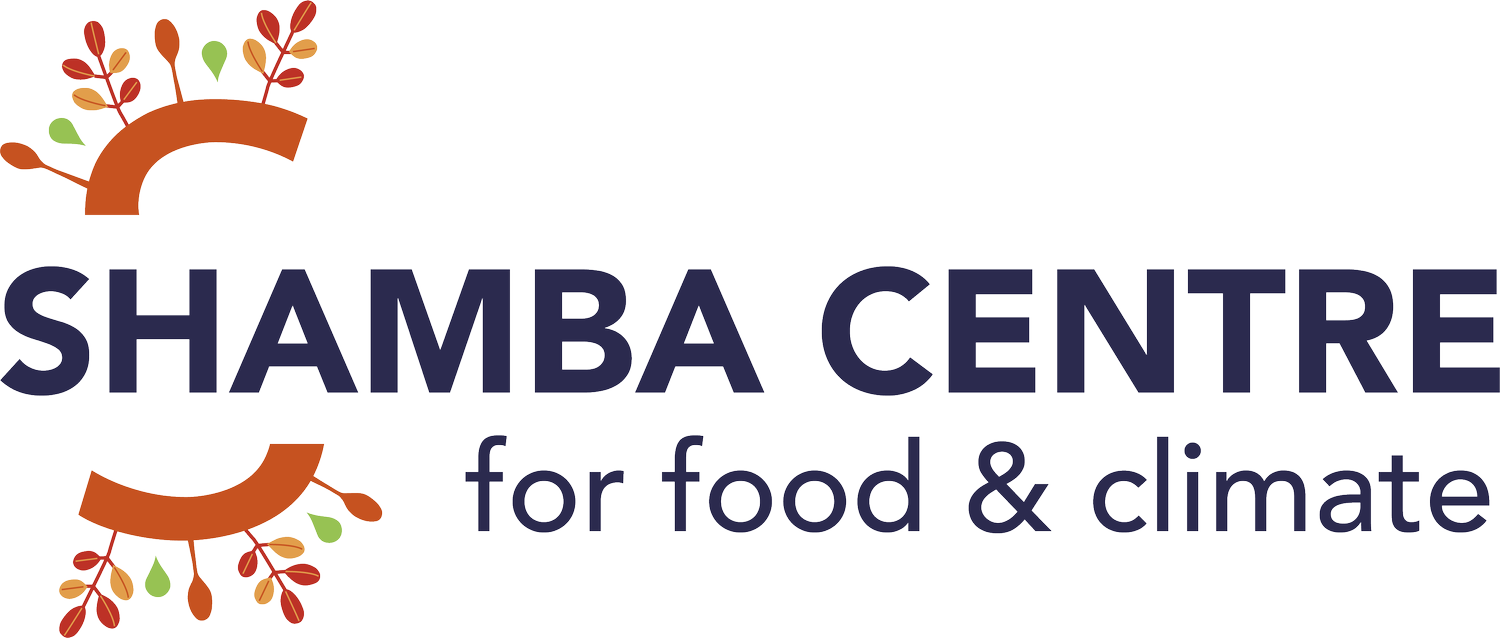
Delivering solutions in 2025
10 January 2025 by Oshani Perera, Francine Picard & Carin Smaller, Co-Founders of the Shamba Centre
2025 promises to be a big year for the Shamba Centre for Food & Climate. As we mark the final countdown to the 2030 targets on the Sustainable Development Goals, we will deliver solutions.
Hesat2030, our collaborative project with the FAO, CABI, IFPRI, GAIN, the Juno Evidence Alliance, the Zero Hunger Coalition, and AVANZAR2030, will unveil 12 areas where investments will deliver the highest impact in moving low- and middle-income countries towards more diverse and healthier diets. Better still, we will also model how much public and private investment will be needed to bring about this change and, from there, reflect on the nascent nutrition finance movement and the role of institutional investors. It is time that we move the conversation from empty calories to nutrition.
With Hesat2030, we will also identify high impact investment opportunities for climate smart agriculture – solutions that promise resilience, yields and revenues. These solutions will help developing countries make climate smart food systems an engine for growth and pave the way for ending hunger in the medium term. Moreover, we will also explore the commercial investment case for these solutions and show why more climate finance should flow into agriculture and food.
2025 will also be our year of transition when we combine policy recommendations with on the ground impact.
We will add momentum, through the Zero Hunger Coalition and the Zero Hunger Private Sector Pledge, to the implementation of the Hesat2030 recommendations by facilitating project preparation and outreach to both foreign and domestic investors.
We are under no illusion that 2025 will be a challenging year. Global hunger hotspots will continue to intensify, and this will require donors to deploy emergency aid at the expense of long-term idevelopment. We will breach the 1.5C warming threshold and this will make the low carbon transition very expensive. Tariffs on international trade will continue, if not intensify, through ‘tit for tat’ retaliation. Traditional Paris Club governments now include populist politicians and a voting public that is distracted by fake news and the perception that globalisation has not worked in their favour.
However, all over the world, millions of clever people are working on solutions. The coming together of artificial intelligence, biotech and infotech will bring mind-blowing solutions for sustainable development. Today, we can read the source code of any organism from data that can be upload on a USB stick and bought for around USD 100. We are making proteins out of ‘thin air’ and bio-hacking plants to make them more resistant to heat anddrought and even metabolise more nutrients. We are synthesising commodities like cocoa, coffee and soy in labs and freeing up land to be returned to nature. Engineered cyanobacteria is being used to increase soil fertility and reduce erosion. We are placing bets on green hydrogen backed by next generation wind and solar advancements.
Yet, as the intellectual Yuval Noah Harari also points out, there are also many risks since we don’t know how technologies will evolve in a complex, real world setting and what their cascading effects might engender. Will deepfakes, privacy violations and algorithmic bias caused by bad data destabilise markets and societies? Will genetically modified plants harm their wild cousins, create more potent pests and pathogens? Will technology ultimately concentrate in the hand of a few wealthy individuals? And will these individuals have access to biohacks that will render them cognitively superior to the rest of us?
2025 will therefore also be a year of learning, listening and humility. We will continue to make our work sharper and more sincere. We will advise global leaders, including from the G7, G20, and the African Union, on nature-positive and practical ways to end hunger and malnutrition. We will work with businesses and help them serve the most excluded. We will work on creating markets for nature which will then trigger demand for sustainable solutions.
Join us. Talk to us. Teach us. We want to meet you this year at the G7, G20, Nutrition for Growth, SUN Global Gathering, Financing for Development, the climate talks in Brazil or the many other influential events. Drop by our offices in Geneva and Kigali, or better still, have coffee with those of us working from Lyon, Colombo, Cork, Sydney, Rome, Cape Town, Port Louise, Antananarivo, Lusaka, Glasgow, and Nairobi.
We are working on special purpose vehicle to deploy outcome finance. In partnership with Quantified Ventures, we will use soft loans to make outcome payments to cooperatives, funds and SME clusters and sell the outcomes achieved to donors, philanthropy and companies. It will be the first of its kind in development finance.
Together with the University of Johannesburg’s Centre for Competition, Regulation and Economic Development (CCRED), we will work with competition regulators across African to uncover, investigate, and prevent the predatory behaviour of the few dominant firms that control the value chains on grains, seeds, fertilizers, livestock and food retail. Our work already highlights how these giants collude to keep input prices artificially high which, in turn, contributes to the stubbornly high food prices for consumers that persist across the continent.

